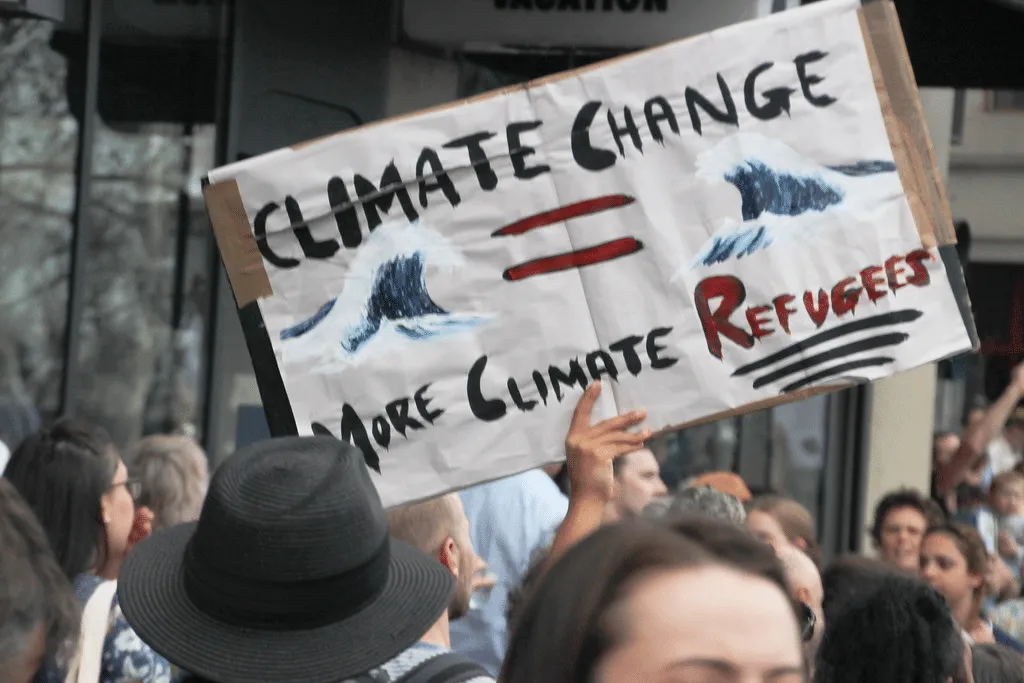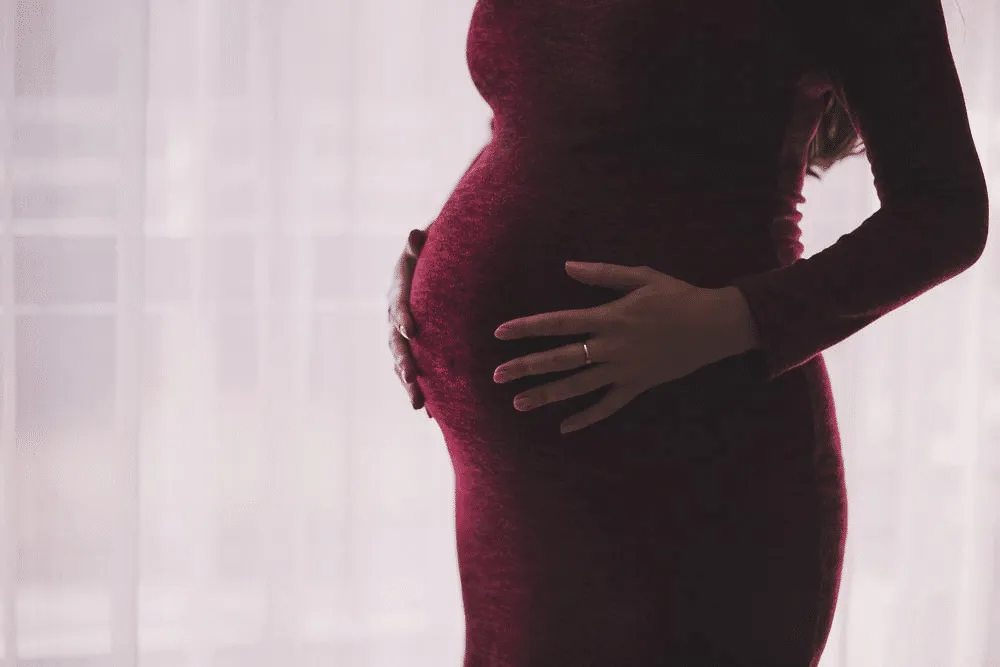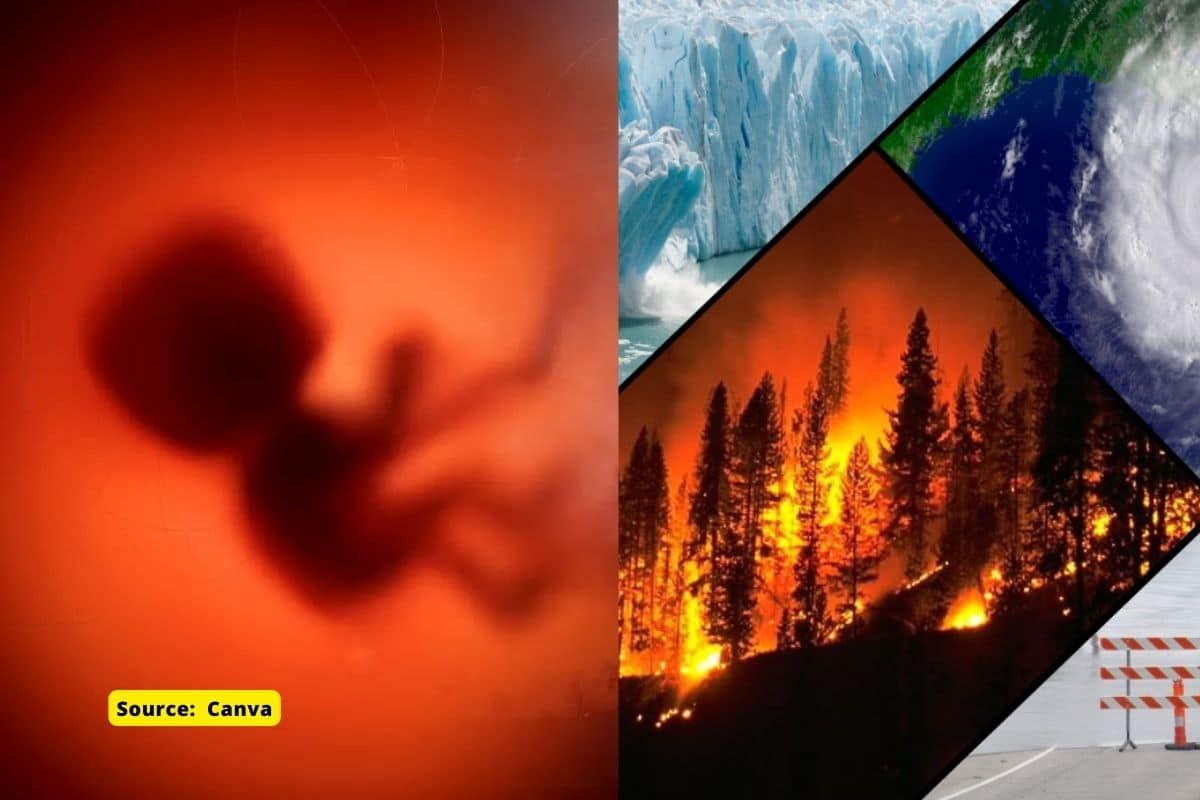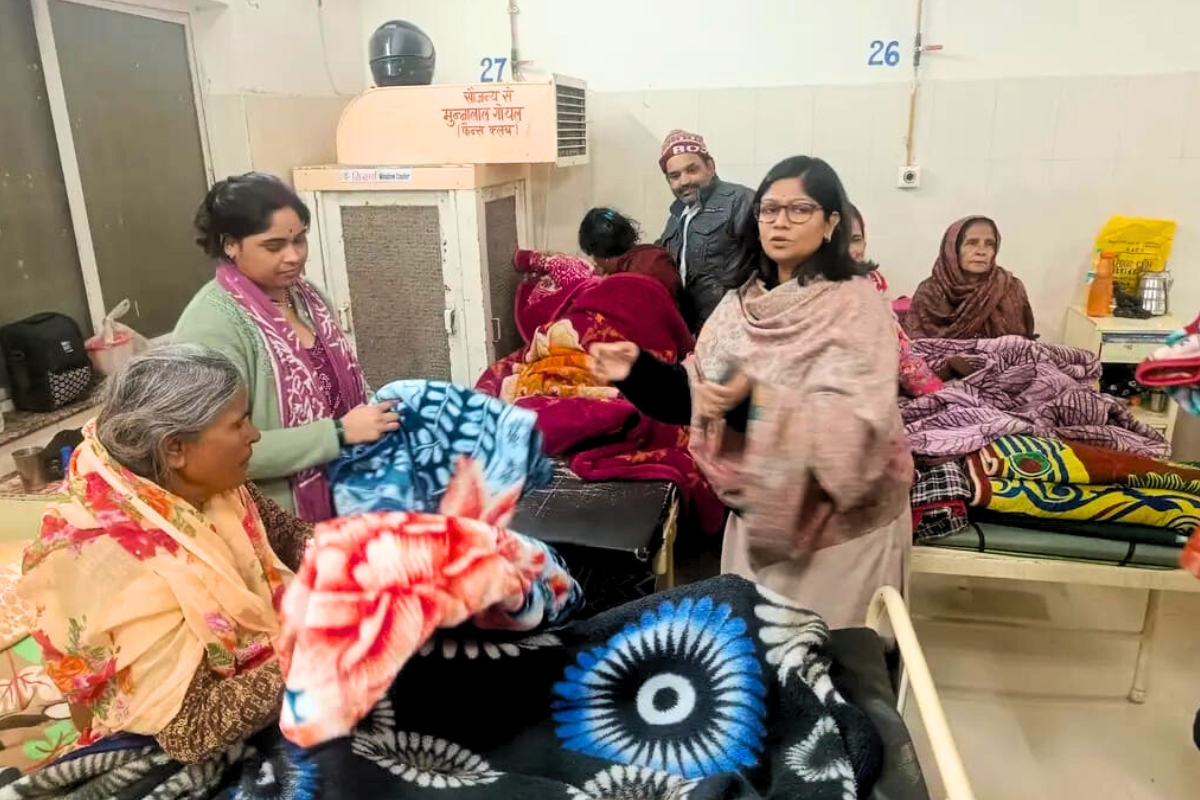Babies in the womb may be negatively affected by climate change, argued an opinion writer in The New York Times. The article, titled “Climate Change Effects May Start in the Womb,” begins with author Jessica Grose saying that she, every once in a while, reads a headline that makes her “stomach drop.” Grose bases her entire claim in Wednesday’s article on that headline, referencing a Washington Post article published last month titled “Pregnancy During Hurricane Sandy Linked to Child Psychiatric Disorders, Study Finds.”

Climate change impacts womb
The aforementioned study was published in The Journal of Child Psychology and Psychiatry (JCPP) earlier this year and examined children ages 2 to 5 and their parents to “assess for the onset of psychopathology,” or the scientific exploration of abnormal mental states. Sixty-six of the children observed were exposed to Hurricane Sandy in the womb, meaning their mothers were pregnant with them during the hurricane.
The study found elevated psychological problems in children who lived through Hurricane Sandy while in the womb.

The columnist sought solutions to the problem as climate change “would not go away any time soon, even if humanity suddenly came together and started doing more to improve it, and pregnancies will continue to coincide with hurricanes, tornadoes and floods.”
Long-term effects of disasters on children
She approached one of the study’s authors, who said parents were not to blame and called on lawmakers to “invest in communities for children and pregnant women” to study the long-term effects of disasters on children.
“The burden of fixing a problem cannot fall on any one person…While, yes, we can ask for further evaluation of children who are exposed to natural disasters in the womb, that feels like putting a Band-Aid on a deep wound.” It is inappropriate to fix a problem that will affect our lives and the lives of our children for years to come,” Grose said.
“ut for every delay there is another disaster, another storm flooding people out of their basement dwellings, another generation of parents left behind to care for children, possibly not knowing the causes of psychological problems, without the resources to deal with those problems and not enough is being done to counteract the trend of climate disasters,” she concluded.
Average parent living an era of disaster
Additionally, most of the women involved in the JCPP study were low-income and ethnic minorities, potentially limiting the findings.
Grose contacted two of the study’s authors to help “contextualize her work for the average parent living in an era of disaster.” One advised her not to worry, saying “when you can look at the rates in the exposed versus unexposed groups, they are much higher in the exposed group, but most people don’t have any of these things”.

Grose suggests more aggressive legislation as a solution, writing that for every delay in legislation, “another generation of parents are left to care for children, who may not know the cause of psychological problems, without the resources to deal with those problems and not enough is being done to buck the trend of climate disasters.”
The authors of the JCPP study note that little is still known about the development of specific psychopathologies in children and that more attention is needed to truly understand the specific risks, even with these findings.
How climate change affects unborn babies?
There are several ways that extreme weather events can affect health at birth.
First, extreme weather shocks affect real household incomes, either through price changes or the uncertainty of whether harvests will be plentiful or poor.
Some studies have shown that, in the absence of adaptation, a one-degree Celsius rise in annual temperature will result in an average decline of about 11 per cent in household consumption in India.
Extreme weather can also affect infant health by increasing the expectant mother’s stress levels in unpredictable and unusual ways. There is some evidence that this extreme weather shock could have caused stress in a segment of the population, particularly pregnant women.
A study in Kenya showed that a one-millimeter decrease in annual rainfall leads to increases in cortisol levels of 0.9% (the body’s main stress hormone that is released in response to psychological and physiological stress on the body). Chronic cortisol elevations contribute to the development of certain diseases.
Finally, weather events can have health consequences for pregnant mothers and their children by creating changing environments that lead to faster spread of disease. For example, waterborne diseases (such as cholera) are more easily transmitted during floods.
Support us to keep independent environmental journalism alive in India.
Keep Reading
Part 1: Cloudburst in Ganderbal’s Padabal village & unfulfilled promises
India braces for intense 2024 monsoon amid recent deadly weather trends
Follow Ground Report on X, Instagram and Facebook for environmental and underreported stories from the margins. Give us feedback on our email id greport2018@gmail.com.
Don’t forget to Subscribe to our weekly newsletter, Join our community on WhatsApp, and Follow our YouTube Channel for video stories.









